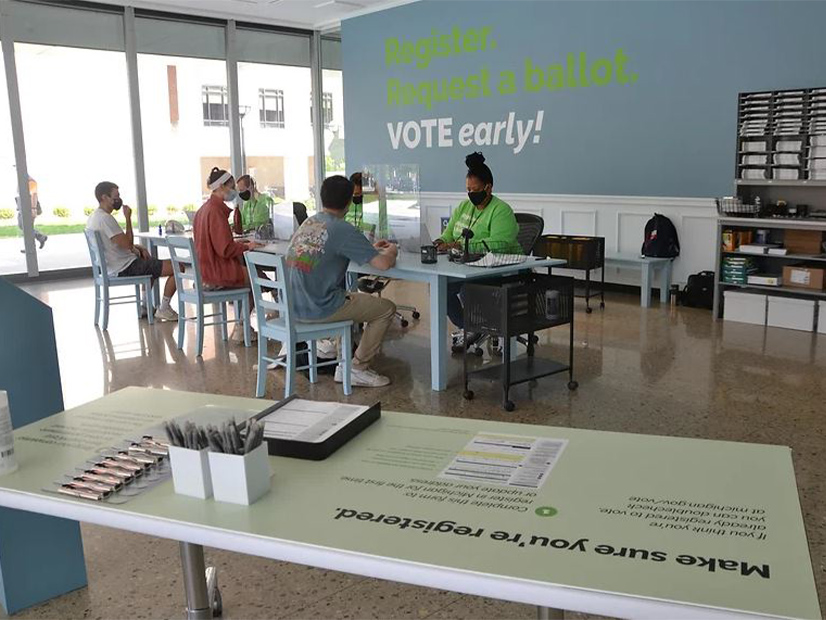Voters in Ann Arbor, Michigan, on Tuesday overwhelmingly approved a tax increase to fund efforts to reduce the city’s carbon footprint, voting more than two to one for a 1-mill hike in property taxes for the next 20 years.
The tax will add $153 annually for an average property with a taxable value of $153,000 (half of the average fair market value of $306,000). In 2021, Ann Arbor property owners paid 50 mills.
Mayor Christopher Taylor, who was re-elected on Tuesday, said he was “incredibly excited about what we can accomplish” with the funding and “proud” that the city became the sixth locality in the U.S. to adopt a tax to fight climate change. (See Ann Arbor Mayor Confident Voters Will Pass Climate Tax.)
The tax proposal, which will raise about $7 million in its first year, passed on a vote of 37,451 to 15,244. The proposal won a majority of votes in every one of Ann Arbor’s 53 precincts.
Taylor, who introduced the ordinance to the city council in 2021, said city voters “understand that climate change is real and that everyone has to take action” to combat its effects.
The city has a goal of achieving net zero emissions by 2030.
Missy Stults, the city’s sustainability director, said there was a lot of work to do to “achieve this audacious and scientifically accomplishable goal.” She said she would begin working on funding proposals and present them for the city council to consider in the 2023 budget.
Of the projected $7 million raised by the new tax, $2 million is anticipated to go for renewable energy projects; $1 million will go for expanded composting; $1 million to develop more cycling and walking projects and $1 million will go for electrification projects, including building electric vehicle chargers. About $700,000 will focus on projects assisting low-income residents, with another $500,000 going to cut down on energy waste and another $500,000 for neighborhood resilience projects, including tree planting and developing rain gardens.



